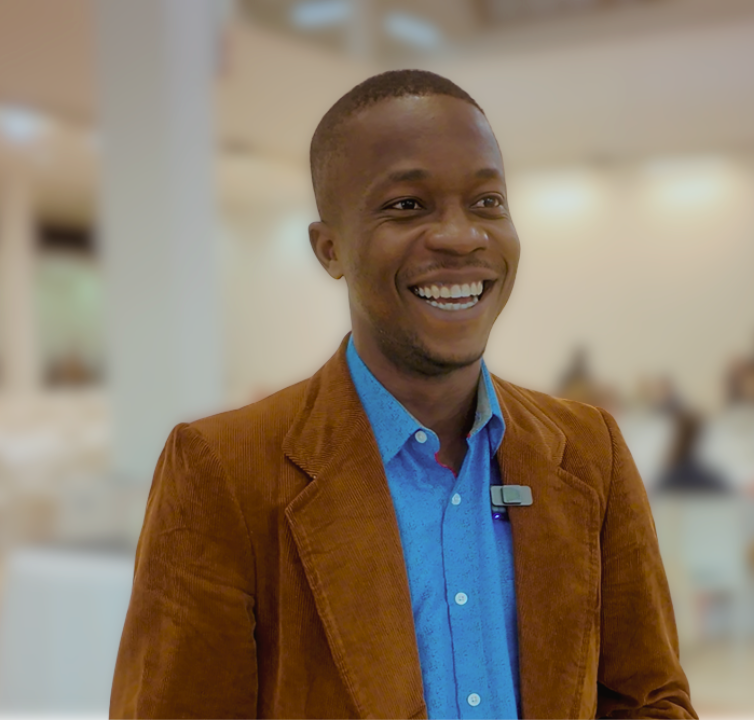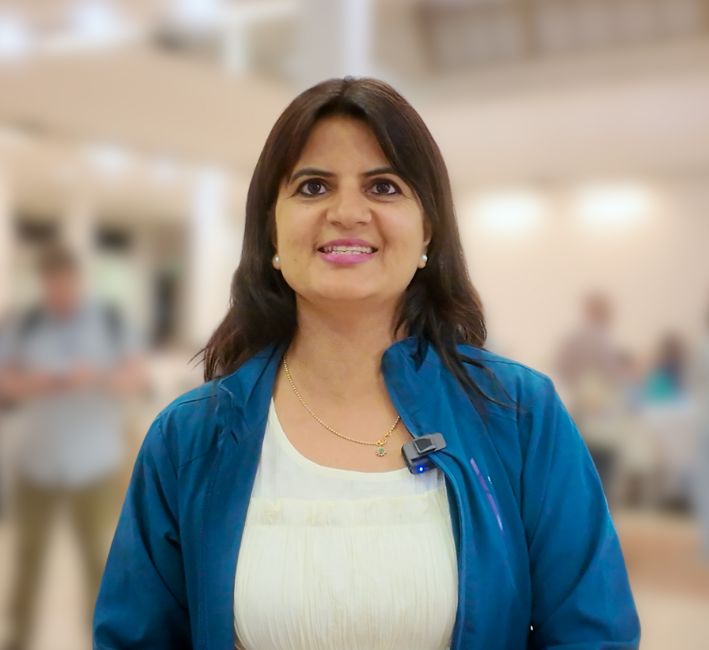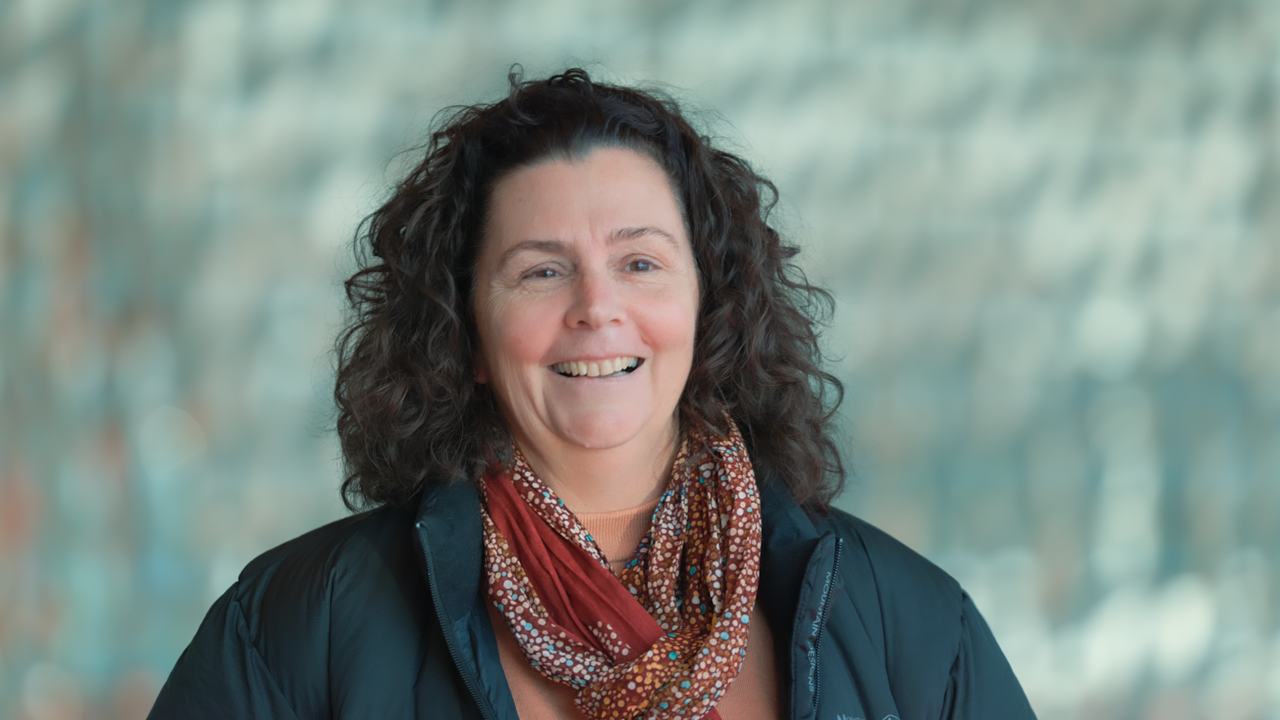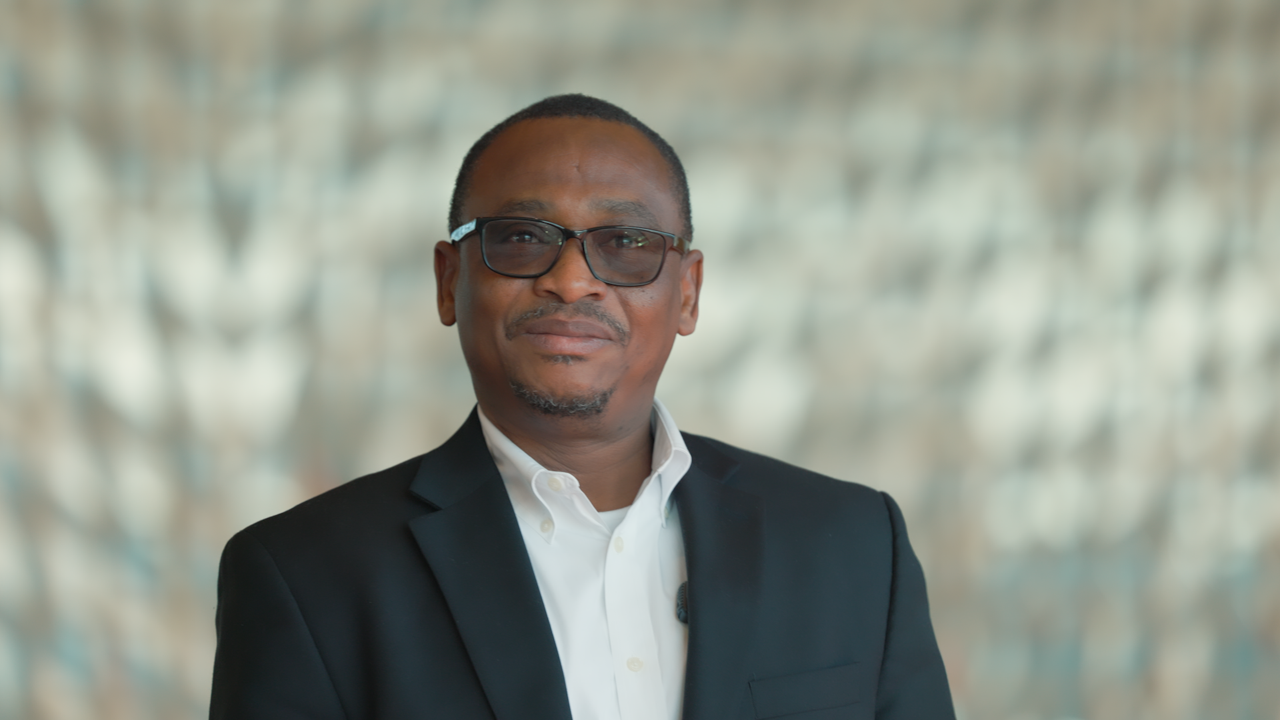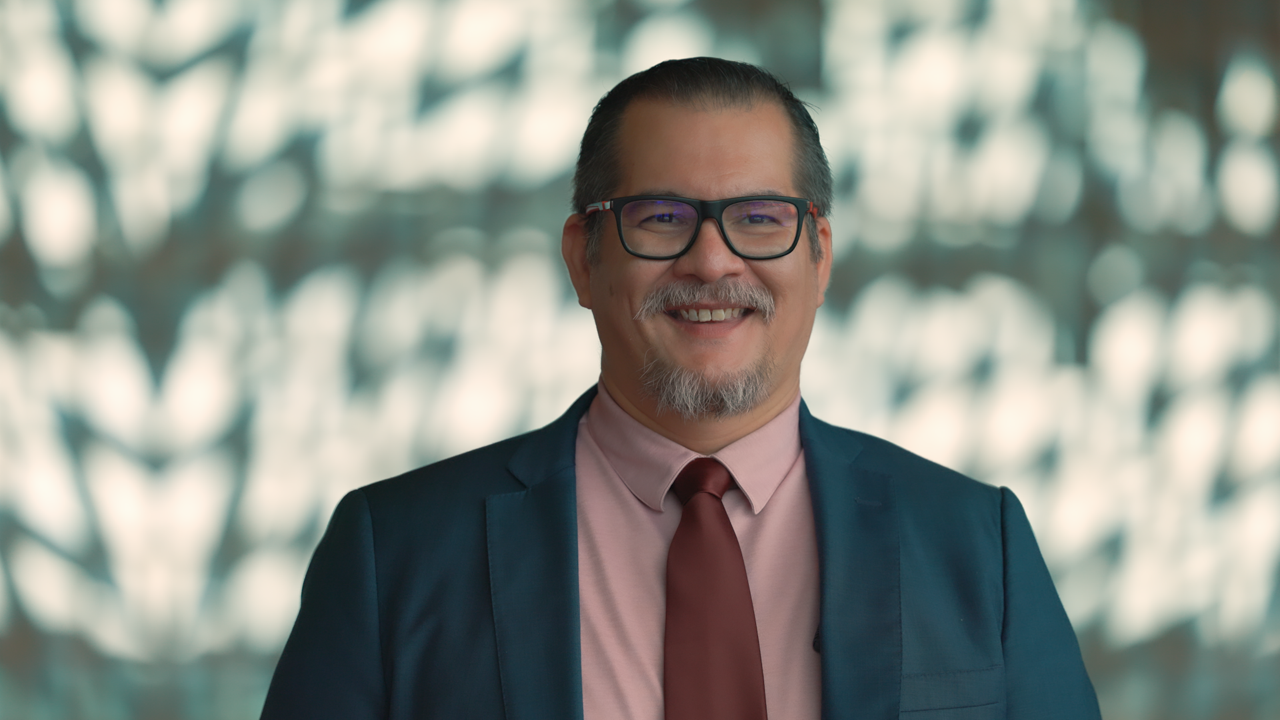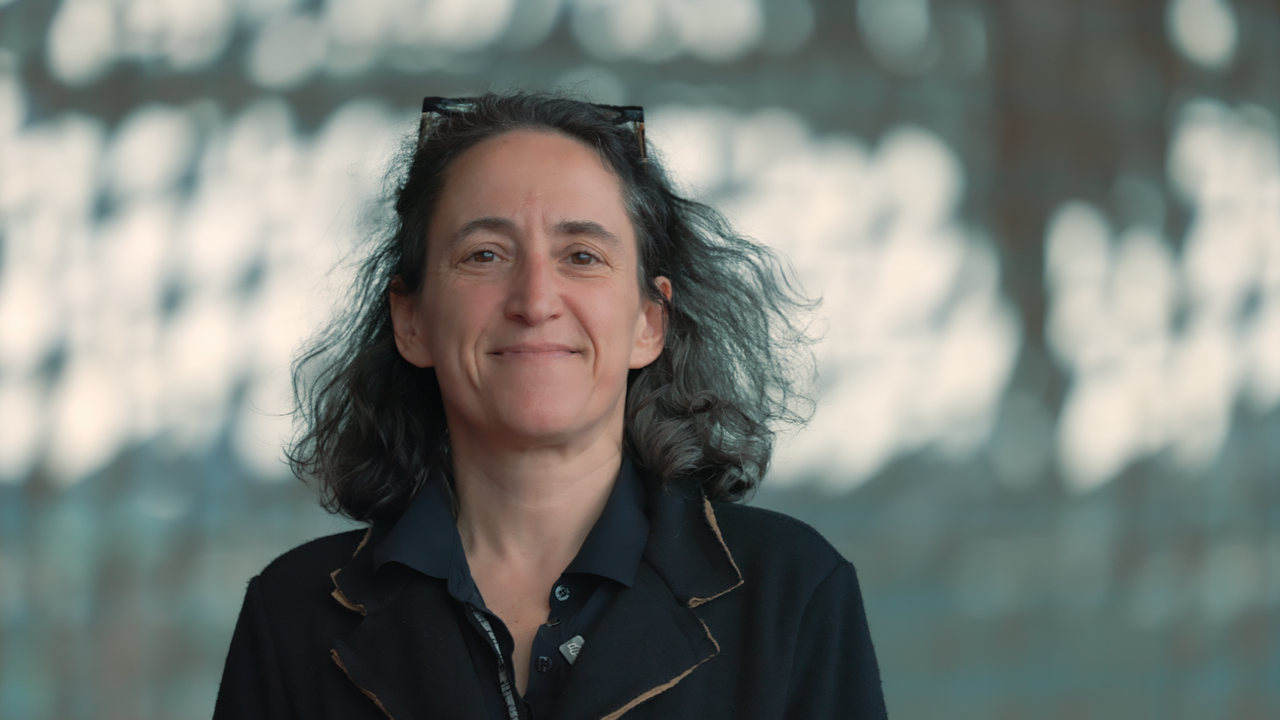Member Spotlight: Sharon Harwood (Australia)
IAIA member Sharon Howard shares her journey in social impact assessment, the value of networking, and the importance of giving communities a voice.
TRANSCRIPT
Hi. My name is Sharon Howard. I’m from Brisbane, Australia.
How is being a member of IAIA valuable to you?
It’s valuable on quite a few fronts professionally and in terms of my network. Professionally, my learning experiences have been outstanding since I’ve been a member. I’ve had access to learning events like the webinars because they’re often at not the same time that I’m awake, and then the courses that are provided, as well. And the networking opportunities have been outstanding — just to meet people who are of a like mind but also just to be able to get some advice on different ways to do mitigation strategies. As boring as that might be, it’s really, really good because when you’re in a business situation, you can’t go and ask your competitor, “So how did you mitigate that?” But in this setting, it’s okay to talk about that sort of stuff. So that’s why.
What does impact assessment mean to you?
I’m a social impact assessment professional, so I have a specific way that I like to look at it. So to me, it’s about mitigating the adverse impacts of development, but also enhancing the opportunities that also come with development.
What is one tip you have for new impact assessment professionals?
I would say to learn from the masters. That’s what I’ve done — I’ve just sat quietly, listened, asked them to show me, and then just asked for advice all the time. And I don’t think you ever stop asking for advice really, and if you do, then there’s probably something critically wrong with you.
What is one thing you enjoy about your current job/role?
For me, working with communities, because I’m in social impact assessment, is one of the most rewarding experiences that you can have, in my mind, in my life, and in my profession, because it’s really important to give the most affected populations a voice in decision making, particularly about development that’s going to change people’s lives. So for me that’s critical, and I take that responsibility very seriously, and I think it’s so important to give a voice to people who have not been heard or can’t be heard. But also to integrate communities that are most affected into development decision making, and making sure that their concerns are heard, but also that the problems or their issues are mitigated.
How did you first get involved in impact assessment?
It was a little bit by accident, really. I’ve always been a social researcher, and my husband is an exploration geologist, and he was working on a project that needed a social impact assessor. I thought, “Oh, maybe I could do this.” And at that time — it was a long time ago — I thought, “Yes, I can do this,” and I had a crack at it. And then I went, “Oh, this is really cool!” and then it’s just grown from there. That was 16 years ago.

